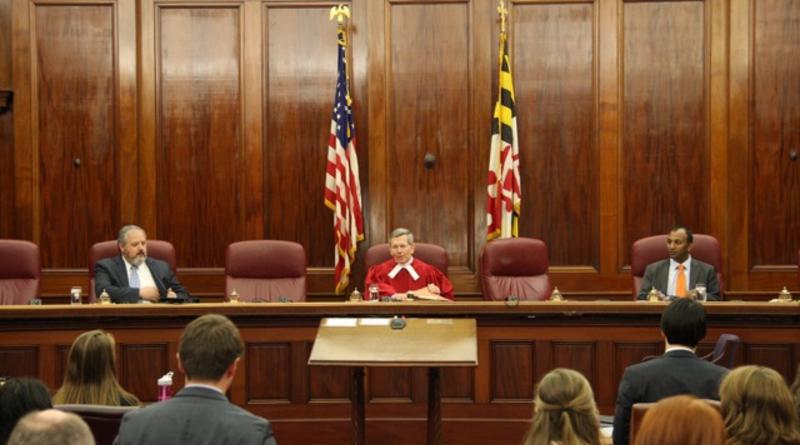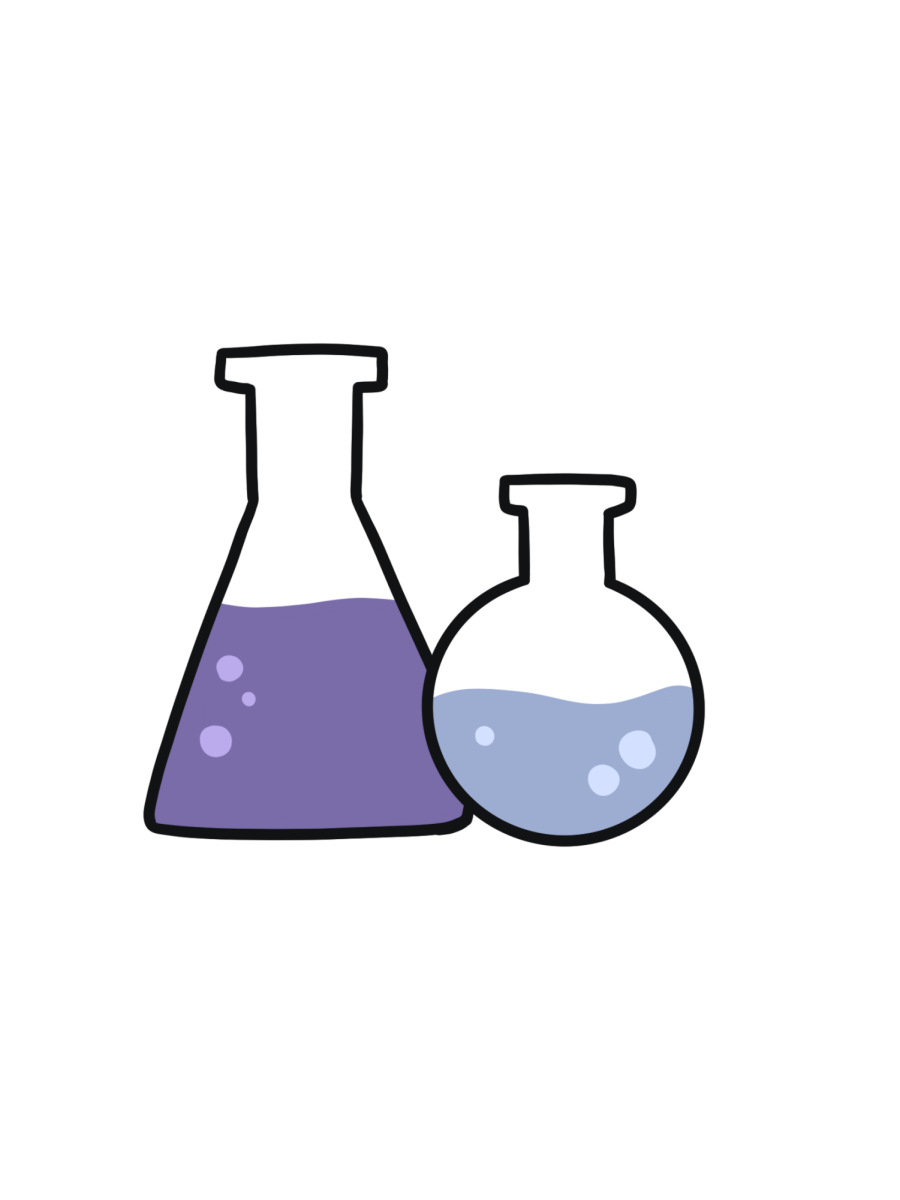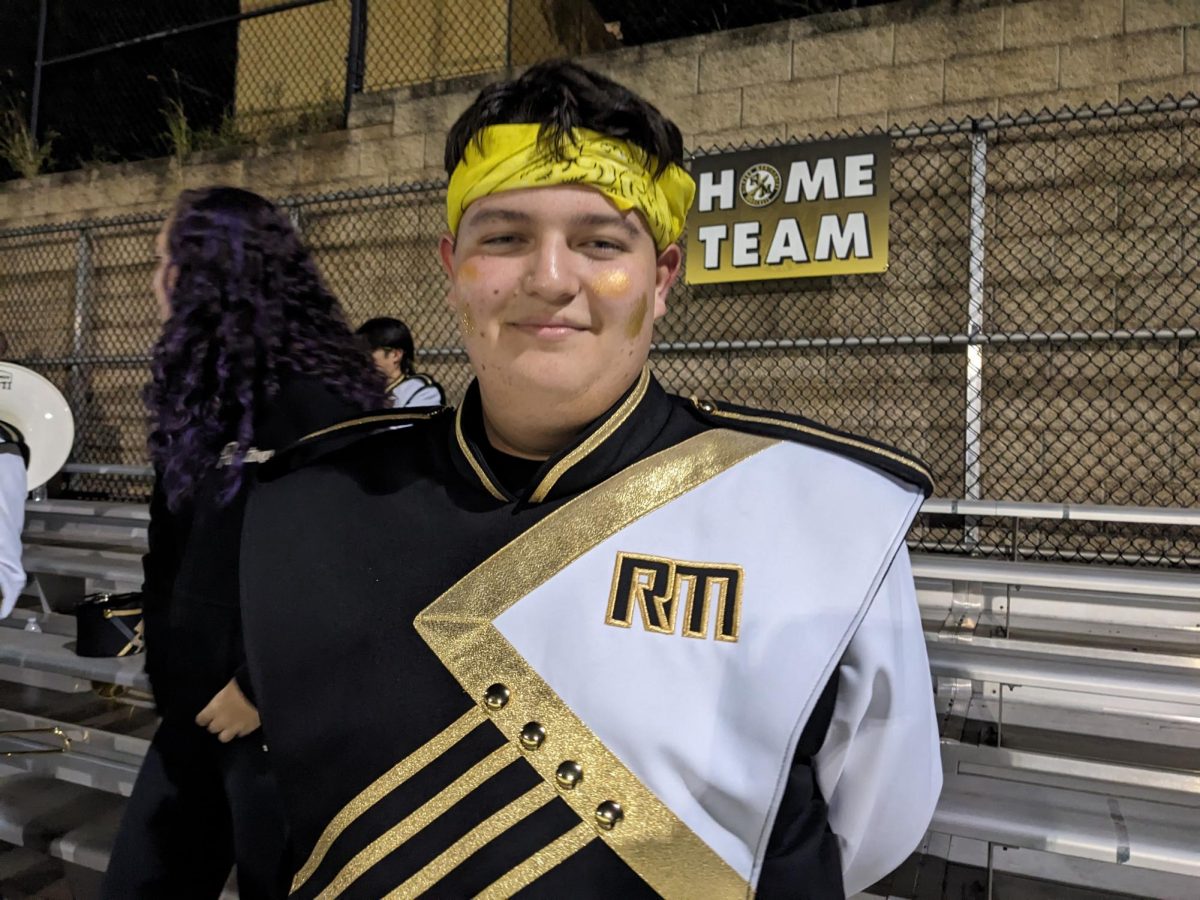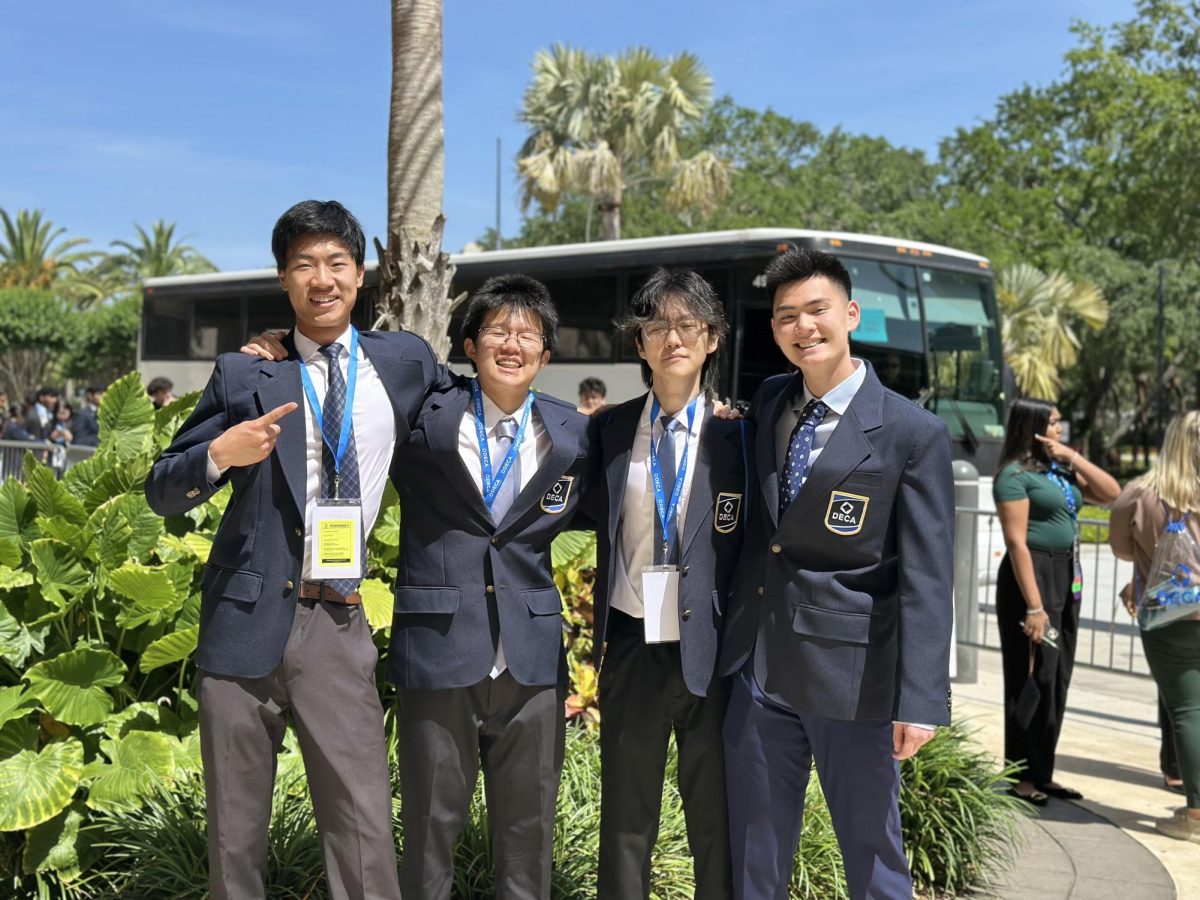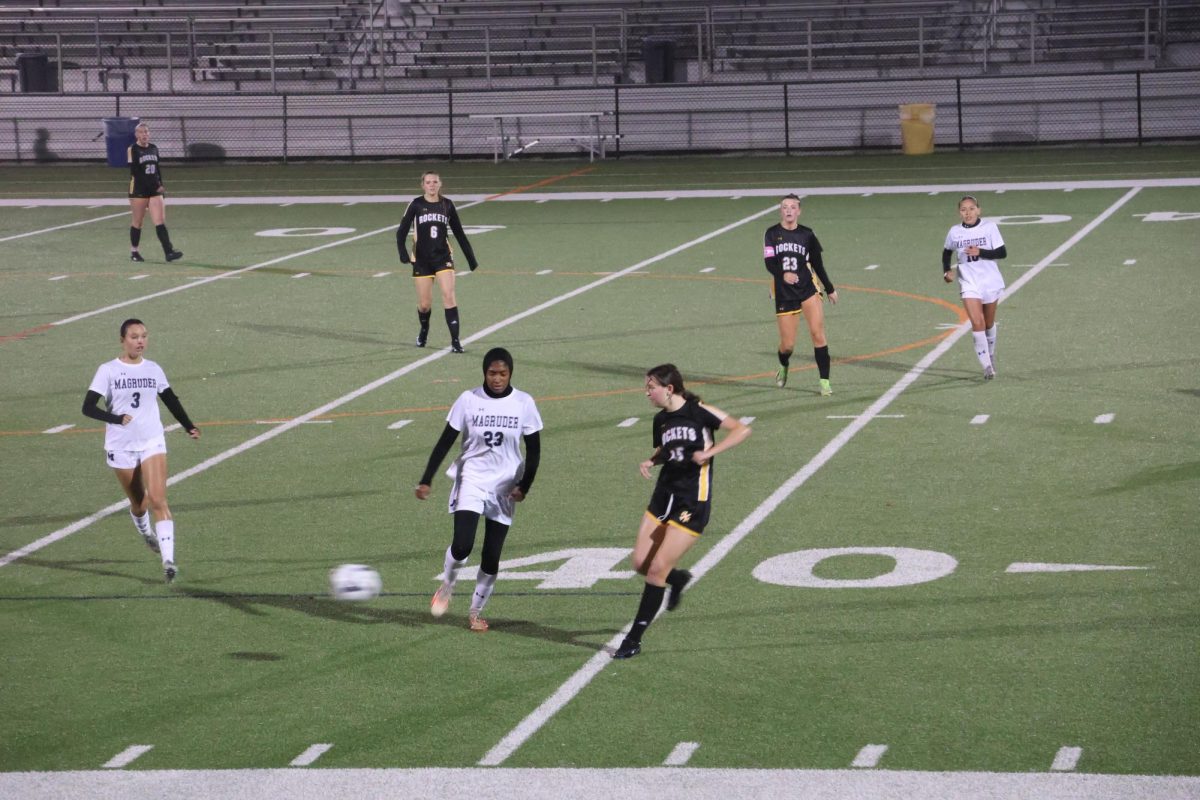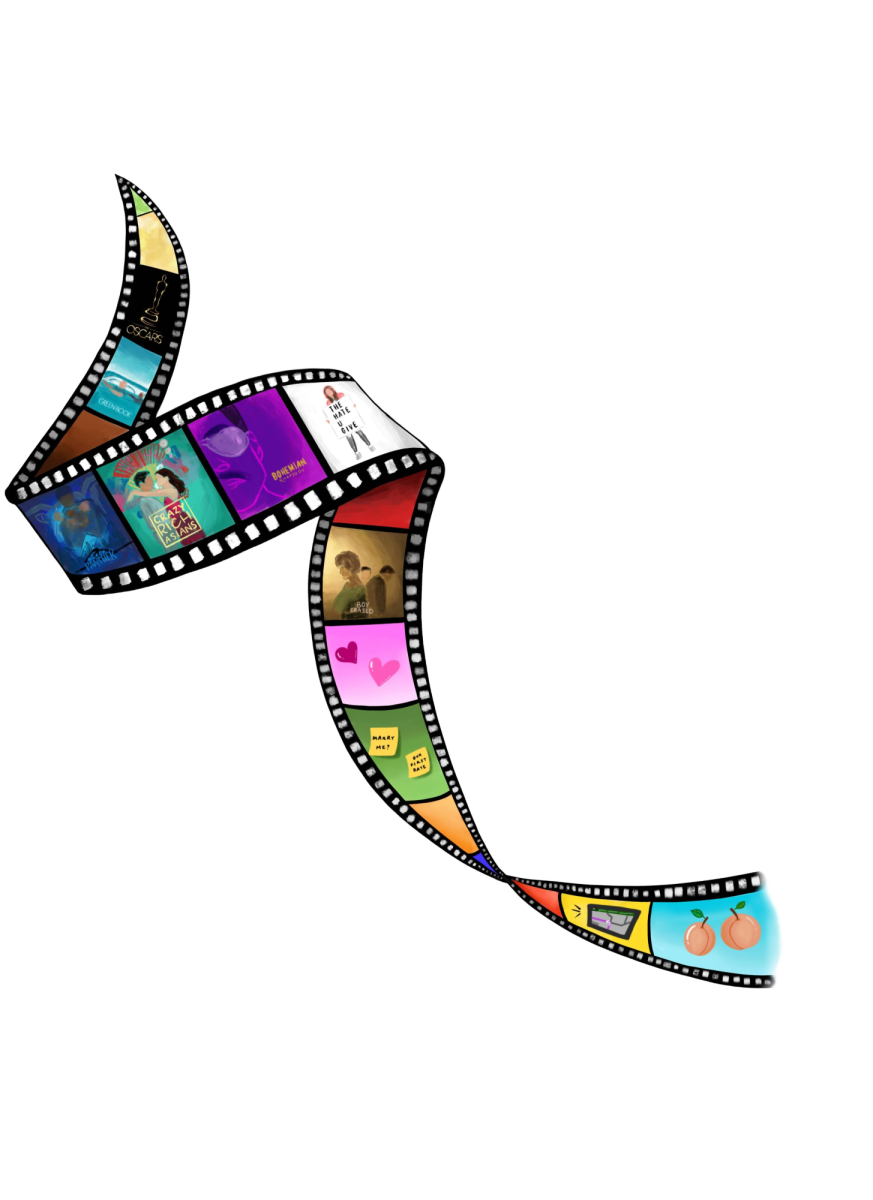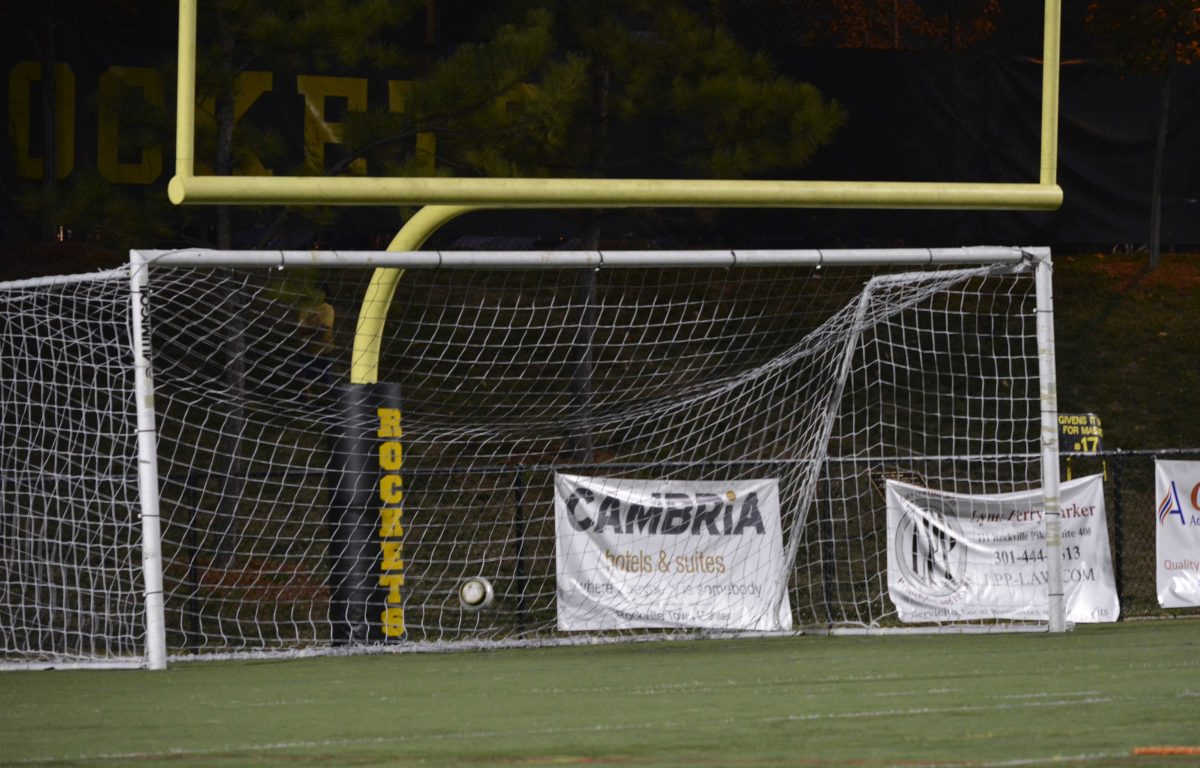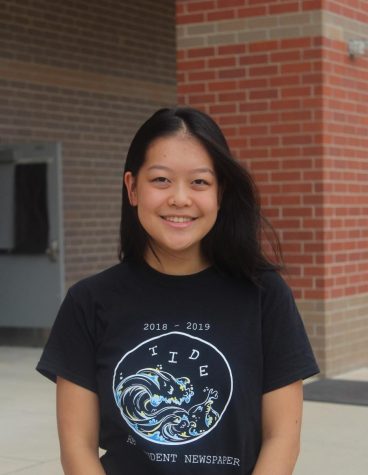On March 2, 2017, with only eight teams left in the countywide competition, the RM mock trial team argued against the team from Charles E. Smith Jewish Day School. In a close match against an advanced team, the RM mock trial team performed with skill and expertise and won, advancing to the semifinals.
A mock trial is a simulation of a court case. During mock trial matches, the students assume roles as attorneys and witnesses on either the side of the prosecution or the defense, presenting their case and arguing in front of a real judge.
The mock trial case this year revolves around a fictional school superintendent Sam Saratoga, who decided to reopen the school’s water fountains which had been turned off for the past four years due to safety issues. His decision was mainly based on budget issues, as they had to provide bottled water to their students. However, the fountain water contained lead, and one student suffered a seizure due to lead poisoning. The question for the judge was whether or not Saratoga acted in reckless endangerment when he decided to turn those fountains back on. In their match against Jewish Day School, the RM team argued for the prosecution, representing the state of Maryland against Sam Saratoga.
During the match, seniors Varsha Ramachandran and Michelle Dubovitsky and junior Ilana Pelzman-Kern acted as attorneys and senior Tyler Hoffman, and juniors Fatmata Barrie and Jason Hong were witnesses.
Many other members of the team sat in the audience, supporting their teammates and hoping for a win. The courtroom during these two hours was intense, but the attorneys and witnesses handled the situation with poise.
To begin the trial, Ramachandran delivered her opening statement. After the opposing counsel’s opening speech, fellow attorney Dubovitsky then called up and examined the prosecution’s first witness, played by Hoffman. He stepped up to the podium and delivered every answer with ease and with real emotion. When the opposing attorney questioned him, Hoffman deflected their attempts to discredit him while remaining in character.
The third attorney Ilana Pelzman-Kern called up the prosecution’s second witness, played by Barrie. She played the role of an angry and grieving mother whose son was diagnosed with lead poisoning and ADHD, and whose suffering was used as evidence in the case against superintendent Saratoga.
Lastly, Ramachandran called up the prosecution’s final witness, played by Hong. Hong answered questions about his role as the doctor of the lead poisoned student. He was able to deflect the opposing team’s cross examination questions that attempted to make him seem corrupt.
At the very end of the trial, Dubovitsky stood in the center of the courtroom and executed her closing statement. Her five minutes of attention did not go to waste, as she logically pushed for her team’s case.
In the minutes after the trial when the judge filled out scorecards and decided who won the match, the nervous buzz in the air was palpable. Supporters and members of both teams wanted to advance and possibly win the title of state champions, which the RM team won in 2014. “When you’re awaiting results, it’s the worst thing ever because judges like to do this thing where they give this speech on how we’re all amazing and blow them away,” Lucia Jiang, an attorney for the RM defense team, explained. “Of course we appreciate what they’re saying, but at the same time, please tell me the answer!”
The team did not get this far without practice and preparation. “Believe it or not, we worked for about two months before we ever stepped foot in a courtroom. We like to spend time really processing all of the key facts in the case and figuring out what our theories are long in advance, so that we’re prepared for anything,” Pelzman-Kern explained. Many of the members give credit to Mr. Evans, a retired RM teacher who comes back to sponsor mock trial. “[Mr. Evans has] been doing this for 30+ years and he knows exactly how to get a team to championships,” Hoffman said.
Although the attorneys and witnesses memorized their speeches, questions, and answers, they were still required to stay on their toes. Attorneys make objections and defend their case against the opposing side’s objections. The attorneys have to stand up, quickly identify flaws in the other team’s arguments, and speak immediately to the judge, adding a sense of urgency and professionalism to the court. “Mock trial has taught me, more than anything else, about the importance of spontaneity and thinking on your feet,” Pelzman-Kern explained.
Witnesses must be able to respond to cross-examination questions as well, where the other team purposefully tries to make them appear unreliable. “The direct examination is always the same, so the cross examination (where the other team tries to attack you) is a lot more interesting and requires you to be quick on your feet with good answers),” said Hoffman, who played a witness.
While many might shy away from this pressure, members of the mock trial team seem to thrive in it. “When I’m on the stand, I’m perfectly calm and everything is fine. It’s a thousand times worse when I’m just sitting powerless in my seat,” Hoffman said.
Throughout their lengthy mock trial season, the team must collaborate in and out of the courtroom. “The fact that we’re so tightly-knit allows for better collaboration and generally enhances our performance,” Hoffman explained. “That’s a big part of why we succeed.”
Support the RM mock trial team at the semifinal match on Tuesday, March 7. Their match will take place at 6 pm at the Montgomery County Circuit Court in Rockville.
Featured image courtesy of CLREP Mock Trial.


